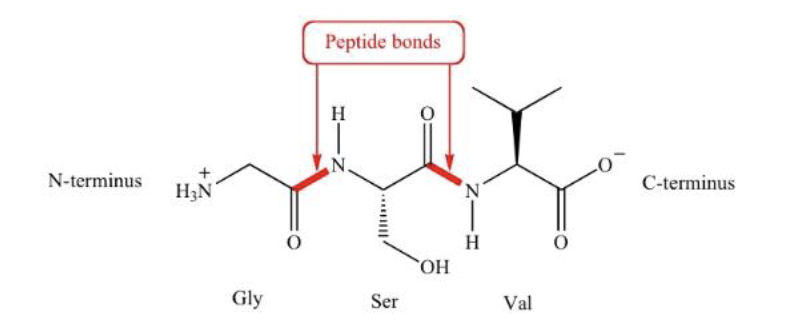Why is protein so important and why is it so underrated? Not many people understand the importance of protein consumption, how much they should be consuming in their diet and the number of benefits protein provides.
You don’t have to be a bodybuilder or a serious gym go-er to consume what would be considered a ‘high’ amount of protein in your diet. The Government recommended amount is…. low…. so I really want you to understand that protein is the most important macronutrient out of all three; protein, carbohydrates and fats.
meals
Protein and its structure:
Protein is the only macronutrient that contains a Nitrogen molecule (N)
• Nitrogen balance to measure protein turnover
Amino acids are linked together by peptide bonds, see the image above
Complete vs Incomplete Proteins
Complete proteins – All Essential Amino Acids in adequate amounts
• This includes all animal-based protein sources
Incomplete proteins (deficient in at least one Essential Amino Acids)
• Usually plant-based sources
Combining food sources is really important for vegetarians, therefore consuming a mixed diet will give you the best possible dietary intervention to consume adequate amounts of macro and micro nutrients to live a healthy life.
Functions of Proteins and Amino Acids
Functions Specificity Example
Structural Muscle proteins Collagen, Elastin
Transport Red blood cells Albumin, globulins, lipoproteins
Enzyme Function Almost all enzymes Lactase, pepsin
Hormones Most non-steroid hormones Adrenaline
Immune Function Antibodies sIgA
Acid Base Balance Buffer Glutamine
Fluid Balance Osmotic pressure Albumin
Energy Balance Krebs Cycle Intermediates Enzymes
Requirements for the General Population
Percentages are often used in research instead of 1g/kg, for example… which isn’t overly helpful
• As a percentage of daily energy intake (e.g. 15% protein)
• There’s enough research now to provide more accurate recommendations relative to bodyweight
RNI = 0.8g/kg
• Represents the minimum amount to avoid a deficiency
(Kwashiorkor) – Williams (1935)
• Even the experts say this is too low
Current evidence indicates intakes in the range of at least 1.2 to 1.6 g/(kg.d) of high-quality protein is a more ideal target for achieving optimal health – Philips et al. (2016)
Health benefits
Healthy hair & skin
Weight-loss
• ↑ Satiety in one meal and over 24 hours – Blom et al. (2006); Lejeune et al. (2006)
• Thermic Effect of Food (TEF) – Raben et al. (2003)
Muscle retention – Metler et al. (2010)
Necessary for immune function
Health benefits in the Elderly
“Often suggested that age-related sarcopenia due to ↑ in MPB & ↓ in MPS. However basal rates of MPS & MBP are unchanged with healthy aging. Instead, muscles of the elderly are resistant to normally anabolic stimuli e.g. amino acids & RT Exercise. Ageing muscle is less sensitive to lower doses of AAs than the young and may require higher quantities of PRO to stimulate equivalent MPS above rest & accrue muscle proteins.”
Practical considerations:
↑ PRO, hit leucine threshold per meal plus resistance training exercise
Performance benefits
↑ Muscle recovery
↑ Adaptations to training
• Not limited to strength/power sports
Power/Strength Athletes Endurance Athletes
Supporting muscle protein synthesis & increasing lean body mass
Repair muscle damage
Increase mitochondrial capacity
via ↑ aerobic enzymes
Repair muscle damage
meals
Here at Katie’s Life Kitchen, we only use high quality animal protein sources in all our non vegan meals, providing a generous portion of protein to meet the requirements based on the UK’s average male and female weight. You can subscribe to a weekly meal plan or purchase a one off meal – go and explore the website!

